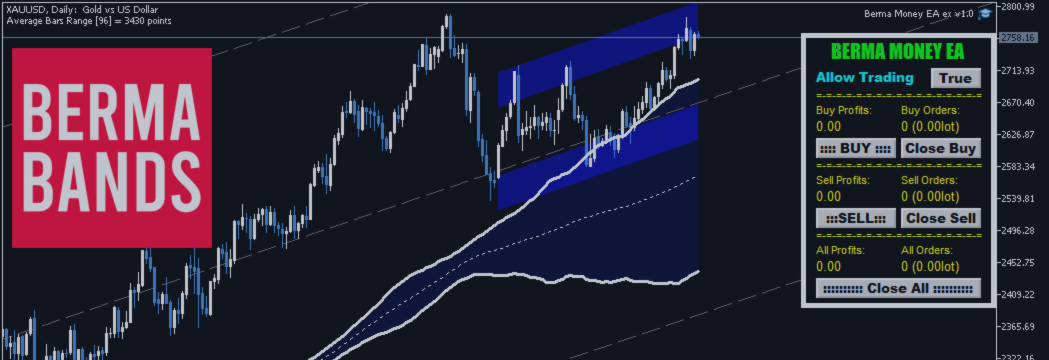Peter Schiff to Bitcoin HODL users: “Enjoy living poor”

Earlier this month, strategist and gold enthusiast Peter Schiff made his assessment of Bitcoin (BTC-USD) clear in a social media post. This was a bold and somewhat contrarian statement at a time when Bitcoin prices and related media coverage were rising.
Now that the Bitcoin halving event has occurred, it might be a good idea to take another look at Schiff’s post and some of the responses to it. More importantly, it is an opportunity for investors to think about why they own Bitcoin, or gold, in the first place.
Schiff on Bitcoin: Maybe $100,000, but definitely zero
Before discussing the controversial post in question, let’s go back a few years to a time when borrowing costs were low, inflation wasn’t in the headlines, and risk assets were favored on Wall Street. It was in February 2021 that Schiff posted this on the social network then known as Twitter (which, of course, has since been rebranded as X).
At first, Schiff appeared to hedge his bets and avoid controversy by acknowledging that Bitcoin, then worth $50,000, could double in the short term. Schiff then declared that the price of the token would inevitably “go down to zero,” implying that Bitcoin holders are gamblers.
Schiff may have felt vindicated when Bitcoin fell to $16,000 in November 2022, failing to reach $100,000 or close to it for the first time. Still, it was an unusual time. With inflation rising and interest rates soaring, financial markets were not in a mood to favor risky assets like Bitcoin.
Fast forward to April 2024 and things are quite different. Of course, interest rates are still high, but the prices of many risky assets are much higher than they were in 2022. Moreover, the Securities and Exchange Commission’s (SEC) approval of a spot Bitcoin exchange-traded fund (ETF) has triggered a new trend. A wave of interest in cryptocurrency.
There is also a Bitcoin halving event on Friday, designed to reduce the circulating supply of Bitcoin. Media coverage of the event and Bitcoin’s historical tendency to gain value in the months following a halving event could spark further interest in the cryptocurrency.
With these positive catalysts in play, it is certainly easier to find a Bitcoin uptrend than a downtrend. A notable example is ARK Investment Management CEO Cathie Wood, who predicted that Bitcoin would reach $1.5 million by 2030.
The price of Bitcoin is currently between $60,000 and $70,000, so $1.5 million is too far to consider right now. On the other hand, Schiff’s admission that the cryptocurrency could reach $100,000 by the end of this year is a distinct possibility, so it was probably a good idea.
Bitcoin vs. Gold Debate Is Heating
On April 3, Bitcoin was trading around $68,000 after reaching $70,000 on several occasions. Meanwhile, the price of gold remained at about $2,100 per ounce.
Schiff then dropped the following bombshell about X:
A few notes are necessary at this point. First, “HODL” is commonly used in cryptocurrency trading jargon to mean “wait for your life.” So a “HODLer” is, by extension, an investor who chooses to hold Bitcoin while its price goes up and down like a roller coaster. Second, let’s assume Schiff meant to write “last chance” instead of “last change.”
While I can’t write on Schiff’s behalf, I’m fairly confident that he doesn’t mean that current Bitcoin owners are “poor.” After all, the token was close to its all-time high.
Rather, I think Schiff was trying to suggest that Bitcoin holders are unknowingly becoming poorer because the cryptocurrency has no real value. Therefore, “remaining poor” would result in foolishly continuing to hold Bitcoin.
Were gold and silver trading at “favorable prices” at that time? Gold rose from $2,100 to $2,400 after the X post, so score one for Schiff. Silver, gold’s companion metal, rose from $24.50 to nearly $29.
In contrast, Bitcoin fell to $65,000 after Schiff’s early April post. Still, not everyone was ready to take Schiff’s side in the Bitcoin vs. gold debate.
In a sense, the Bitcoin vs. Gold debate is effectively a Zoomer vs. Boomer battle of investment philosophies. Bitcoin represents a risk-on, technology-driven play for the future, while gold is old, tangible, and decidedly risk-off.
But they have something in common. Holding gold and holding Bitcoin are really just two different approaches to avoiding the wealth-deteriorating effects of relentless dollar inflation.
Only time will tell whether Bitcoin will make people “poor” or not. Either way, knowing what you own, at least for the foreseeable future, should keep investors in the right place for trading.



